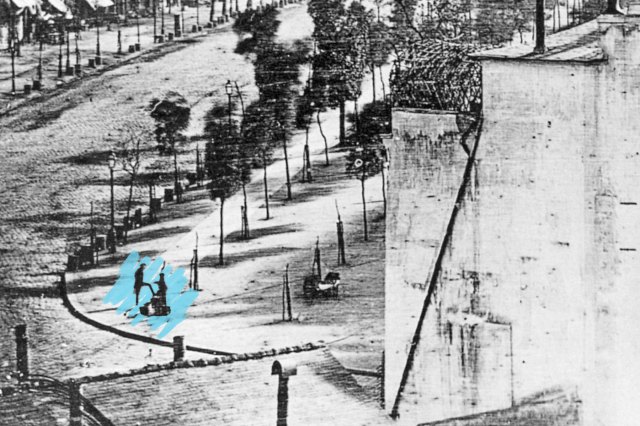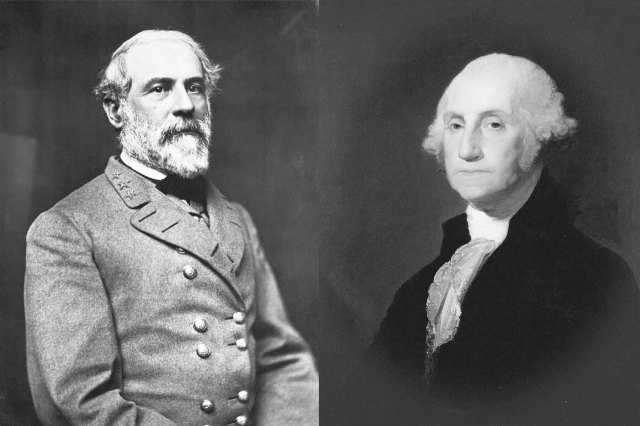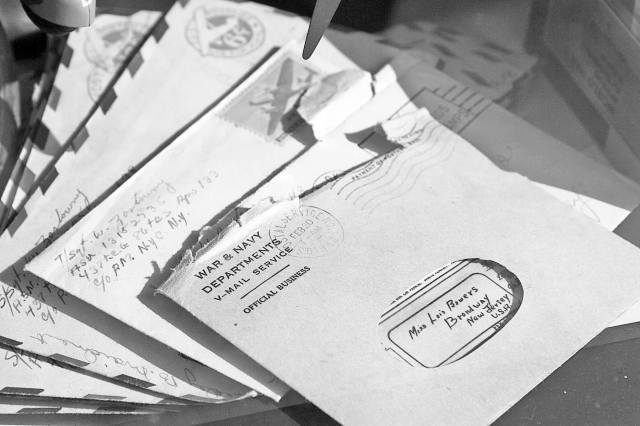The first candid photo ever taken
Sunday, June 23, 2024
Before the 19th century, photography did not exist, so people who wanted a lasting image of their home, their family, or themselves had to have one painted, sculpted, or drawn. |
| |
| |
|
 |
|
| B efore the 19th century, photography did not exist, so people who wanted a lasting image of their home, their family, or themselves had to have one painted, sculpted, or drawn. In the early 1800s, inventors in France and England were at the center of the effort to create photographic representations of objects and people. In France, Joseph Nicéphore Niépce stunned the world in 1827 when he released what is believed to be the first photograph ever taken, titled "View from the Window at Le Gras." Niépce rendered the image using a camera obscura combined with a light-sensitive metal plate, a process he called heliography. Despite its success, the heliograph required several days of exposure to capture the scene, eliminating the opportunity to photograph any people who may have been on the street. |
|
|
| In 1829, Niépce met artist and printmaker Louis-Jacques-Mandé Daguerre. Each man was familiar with the other's work. Niépce admired Daguerre's rotating diorama that had captivated Parisian audiences in 1822. Daguerre, like Niépce, saw the potential of improving upon the camera obscura to create clear and permanent images. They entered into a business partnership that resulted in the creation of the daguerreotype, an innovative photographic process that required only four to five minutes of exposure. |
|
| The quicker shutter speed allowed Daguerre's camera to capture an image never seen before: a photo of a human being. In 1838, he debuted a daguerreotype of a street scene on the Boulevard du Temple in Paris. In the lower left corner of the photo we can see a man having his shoes shined; remaining stationary allowed him to be included in the photo, something that would have been impossible using the multiple-day exposure that heliographs required. This anonymous stranger on Boulevard du Temple was not simply the subject of the world's first candid photograph — he's also believed to be the first human being ever photographed. |
|
 |  |
|
|
 |
|
| |
|
| Percentage of Americans aged 18 to 29 who practiced photography in 2023 | | | 22% |
| | | Projected percentage of photos taken by smartphones in 2024 | | | 94% |
| | | Projected percentage of photos taken by smartphones in 2024 | | | 94% |
|
|
|
| Cameras in the world's largest camera collection | | | 4,425 |
| | | Cat photos on the internet | | | 6.5 billion |
| | | Cat photos on the internet | | | 6.5 billion |
|
|
|
 |
|
 | | Did you know? |
|
|
An American photographer took the first selfie in 1839. |
|
| In the fall of 1839, a Philadelphia silversmith named Robert Cornelius decided to take a self-portrait. In itself, this was nothing new; painters had been making self-portraits for more than 200 years. What set this work apart from that of the old masters was that Cornelius used a camera obscura to photograph himself. The resulting image is considered the first selfie, as well as the first portrait photo. Cornelius was an unlikely photography pioneer. He began working as a silversmith for his father in 1831 and had no connection to the burgeoning field of photography. Fate intervened when a local photographer named Joseph Saxton contacted Cornelius to work on the silver plate for a daguerreotype. This spurred Cornelius' interest in photography, and in the early fall of 1839, he made his own camera and photographed himself in front of the family's business. According to Library of Congress conservationist Rachel Wetzel, "Taking a portrait is astounding in 1839. Taking a self-portrait is a whole next level up from that." |
|


posted by June Lesley at 4:00 AM










![]()
![]()






0 Comments:
Post a Comment
<< Home